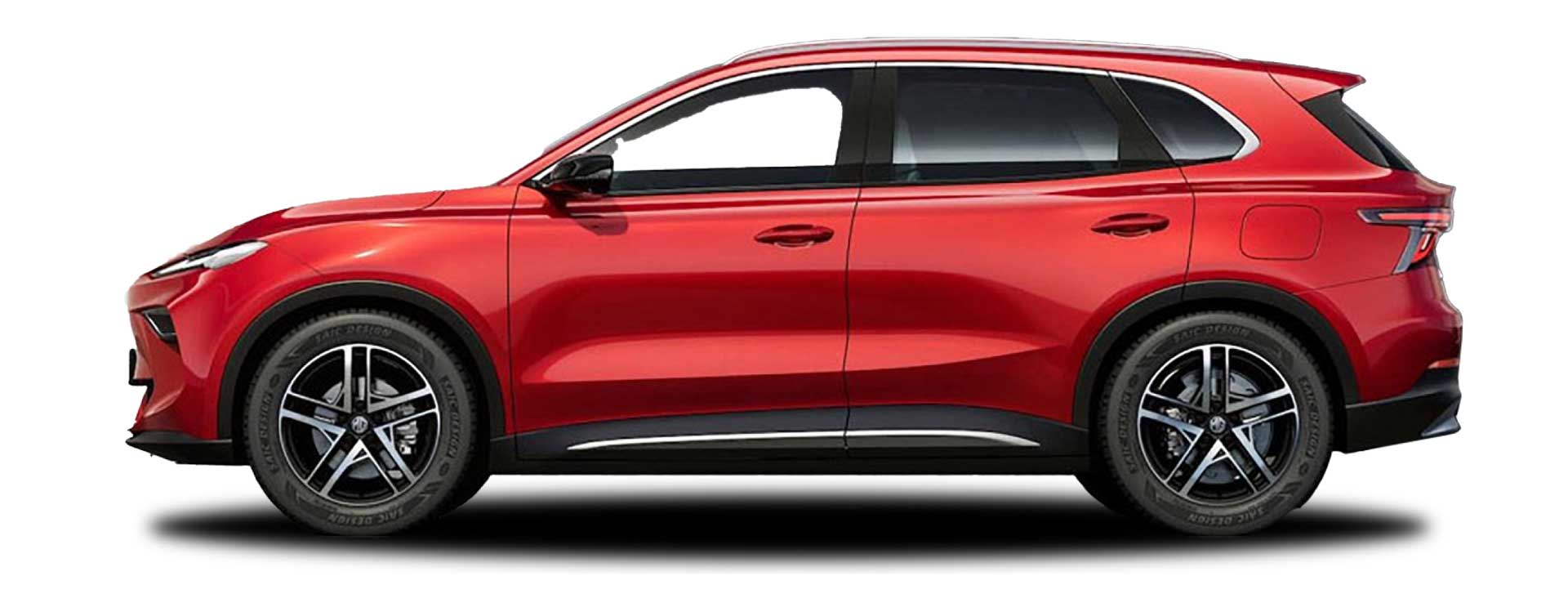Electric car owners will have to pay road tax and the company car benefit-in-kind rates will rise by 1% per year from April 2025 - but they will still be taxed at lower rates than petrol and diesel cars.
Until now, 100% battery electric cars and some hybrids have been treated to free road tax – officially known as Vehicle Excise Duty – to help lower costs and encourage adoption. As electric cars have moved the mainstream it has left the government with a hole in its finances which this move intends to fix.
Details published by the Treasury show that electric cars registered after April 1st 2017 will pay £195 per year. New car electric car buyers will see the first year’s road tax set at £10, while other cars will face steep increases. A family hatchback such as a Ford Puma will rise from £220 to £440 while luxury models with high emissions will pay £5,490 rather than the current £2,745.
Zero and low emission cars first registered between 1 March 2001 and 30 March 2017 will pay £20 a year, while electric vans will move to the rate for petrol and diesel light goods vehicles, currently £290 a year.
Expensive Car Supplement
Officially, the Expensive Car Supplement - nicknamed the ‘Tesla Tax’ - which is currently not applied to electric vehicles will be reimposed in April. However the treasury has hinted it will dial back on the introduction, which could have cost buyers thousands over the course of the first six years of ownership.
It is already applied to all internal combustion engined cars with a list price exceeding £40,000 and adds an additional £410 to the standard rate road fund licence for a period of five years from the start of the second vehicle licence. This would add an amount which is currently £355 per year to the road tax bill for drivers of cars including family models such as a Kia Niro EV.
However, the 2024 budget statement said: “The government recognises the disproportionate impact of the current VED Expensive Car Supplement threshold for those purchasing zero emission cars and will consider raising the threshold for zero emission cars only at a future fiscal event, to make it easier to buy electric cars.” So stay tuned for more news - the general thought is that the level will be raised to a higher price level to reflect that EVs are generally more expensive.
Benefit-In-Kind - the PHEV shock
The benefit-in-kind taxation imposed by the Inland Revenue on company vehicles and cars leased through a salary sacrifice scheme is also to rise for electric cars. The current levels, which are pegged at 2% for zero-emission cars until 2025, will rise by a 1% per year from 2025 to 2028 and then two percentage points per year in 2028-29 and 2029-30, rising to 9%. Petrol and diesel cars will also rise by 1% every year.
There was pressure to clarify the BIK levels to allow businesses and employees to make informed decisions about vehicles which are being ordered now and will be kept for three or four years on a typical lease cycle.
The biggest shock will be for drivers of PHEVs though. Cars with emissions of 1 – 50 g of CO2 per kilometre will rise from 5% in the 2024-25 tax year to 18% in 2028-29 and 19% in 2029-30. This would mean a company car driver in a Volkswagen Passat PHEV would see their tax bill leap from £943 this year to £3,392 in 2028.
There is also bad news for company car drivers who currently take part in ‘ownership’ leasing schemes which allow them to avoid benefit-in-kind. These include thousands of employees of car makers, who feed lightly-used ‘ex-management’ models into the dealer used car system.
The government said it will: “publish draft legislation relating to loopholes in car ownership arrangements, through which an employer or a third party sells a car to an employee….. then buys it back after a short period. This arrangement means those benefiting don’t pay company car tax …..and so this measure will seek to level the playing field. The changes will take effect from 6 April 2026.”
 Company car drivers with a PHEV will see a big rise in BIK bills
Company car drivers with a PHEV will see a big rise in BIK bills 














